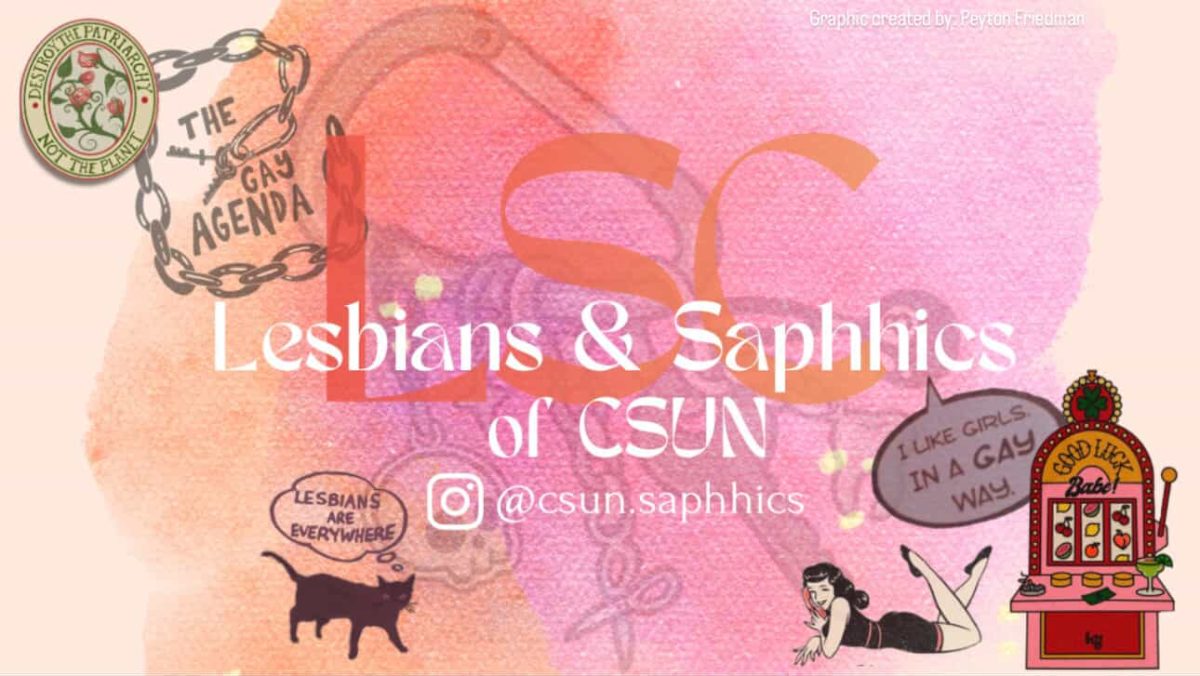The California Faculty Association released a report last month in response to recent decisions made by the CSU board of trustees that lean toward transforming the CSU into a for-profit higher education system, similar to schools like University of Phoenix and American Career College.
“For-Profit Higher Education and the California State University: A Cautionary Tale,” explains in detail how for-profit education models benefit the salaries of company executives and spends a significantly lower amount of money on actually educating their students.
The report also outlines how the for-profit model does not support the historic mission of the CSU to guarantee quality education at an affordable price to all those who qualify.
“The chancellor, in particular, is trying to use a bad economy to make bad decisions for students in the CSU,” said Nate Thomas, president of the CSUN chapter of the California Faculty Association. “Their idea would be that we’re in a budget crisis and we need money, so they’re figuring privatization is a way to get more money and putting it on the backs of students.”
The report brings attention to the fact that despite soaring tuition rates and enrollment freezes for CSU students, Chancellor Charles B. Reed’s salary remains about $450,000 – higher than Barack Obama’s salary of $400,000.
“This is the first time I’ve had students come to me in tears because they can’t afford to buy the books for my class,” Thomas said. “CSU presidents get a free home and a $12,000 annual car allowance. That’s a nice Mercedes right there.”
In addition to the 23 CSU presidents, a new executive director for CSU Online was hired without the knowledge of the California Faculty Association, which the CSU promised to include in the hiring process, according to Thomas.
“My encouragement for the California Faculty Association would be to ask to prove what they’re talking about, like CSU Online, which we actually partnered with the academic senate in developing,” said Erik Fallis, media relations specialist for the CSU.
Fallis said the California Faculty Association has been highly involved in their decision making processes and said they are exaggerating issues like CSU Online.
Some graduating high school seniors are seeking options besides the CSU for their higher education needs, such as Lisa Reynolds who attends Chatsworth High School.
“I applied to a lot of schools out of state because it’s pretty much going to cost the same,” Reynolds said. “I really want the whole college experience with dorms and everything.”
Although the CSU system is overcrowded with students eager to graduate, the CSU has cut expenditures on instruction by about $88 million since 2008, according to the report.
Since Chancellor Reed has been in office, there has been an 18 percent increase of CSU student admissions, the addition of a new campus (CSU Channel Islands) and yet no growth in the number of permanent faculty positions, according to the report.
Thomas said four senate bills are currently being proposed in Sacramento, which if passed would help to democratize the CSU and add more voting power to students, faculty and non-staff faculty.
Since yesterday, all 23 CSU campuses are voting to authorize a two-day, per campus, strike because faculty members have not had work contracts in almost two years, according to Thomas.
“If they don’t want to listen to us, there’s power in numbers,” Thomas said. “When students (come) back to thank us for something we’ve helped them accomplish in their career, they don’t want to come to the president. It’s the teachers, and it’s the faculty they come back to thank.”





